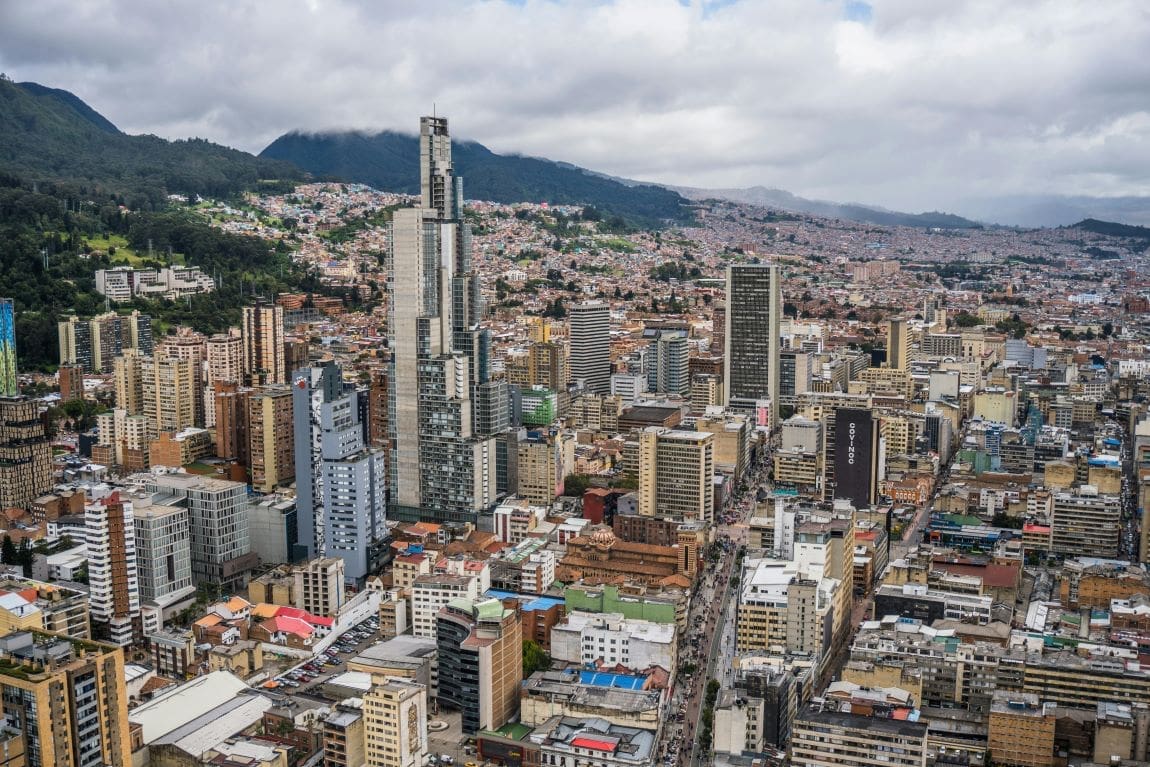A recent study reveals that cities in the Global South are significantly more vulnerable to extreme heat due to a shortage of cooling green spaces compared to their Global North counterparts. This disparity is contributing to higher rates of heat-related illnesses and deaths in these regions, as urban areas become increasingly hotter.
The research, conducted by an international team including experts from Nanjing, Exeter, Aarhus, and North Carolina State universities, shows that cities in the Global South have only 70% of the “cooling capacity” provided by urban greenery in the Global North. With rising global temperatures and the “urban heat island” effect exacerbating city temperatures, the need for effective cooling solutions is becoming critical.
The paper, titled ‘Green infrastructure provides substantial but unequal urban cooling globally’, was published in the journal Nature Communications.
“Urban greenery is a really effective way of tackling what can be fatal effects of extreme heat and humidity,” said Professor Tim Lenton from the Global Systems Institute at the University of Exeter. He highlighted the severe impact on residents in the hottest parts of cities in the Global South, such as slum areas in India, where climate change is already causing fatalities. According to the study, green spaces can lower surface temperatures in cities by an average of 3°C during warm seasons, which can be lifesaving during extreme heat events.
The study utilized satellite data from the world’s 500 largest cities to assess the “cooling capacity” of urban green spaces. The findings showed that all of the top ten cities for cooling capacity are in the USA, with Charlotte and Raleigh-Durham leading the list. In contrast, Mogadishu in Somalia, Sana’a in Yemen, and Rosario in Argentina were identified as the cities with the lowest cooling capacity.
The research also highlighted significant inequality in the cooling benefits provided by green spaces. In the Global South, the average cooling benefit received by a resident is 2.2°C, compared to 3.4°C for a city dweller in the Global North. This discrepancy is attributed to both the quantity and efficiency of vegetation in providing cooling, with cities in the Global North benefiting from better-managed green spaces and possibly more effective tree species.
Professor Chi Xu from Nanjing University noted the potential for improvement in the Global South, stating that there is “vast potential” to enhance urban cooling in these regions. This sentiment was echoed by Professor Jens-Christian Svenning of Aarhus University, who emphasized the importance of nature-based solutions in mitigating future heat stress for billions of people.
However, implementing these solutions will not be without challenges. Professor Rob Dunn from North Carolina State University pointed out the financial and logistical difficulties in regreening cities, but stressed its importance for ensuring the livability of urban areas in the near future. He suggested that strategies could include creating ground-level green spaces, vertical gardens, and even urban forests.
Journal Reference:
Li, Y., Svenning, JC., Zhou, W. et al. ‘Green spaces provide substantial but unequal urban cooling globally’, Nature Communications 15, 7108 (2024). DOI: 10.1038/s41467-024-51355-0
Article Source:
Press Release/Material by University of Exeter
Featured image credit: Juan Felipe Ramírez | Pexels




